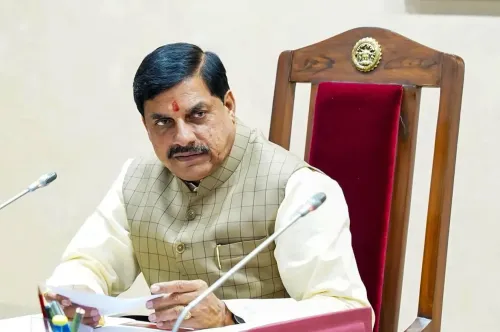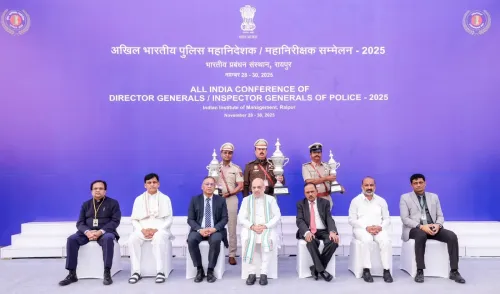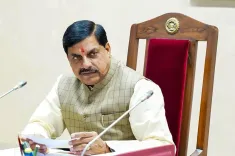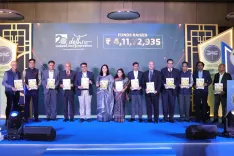Is India Really on Track to Become a $5 Trillion Economy by 2027?
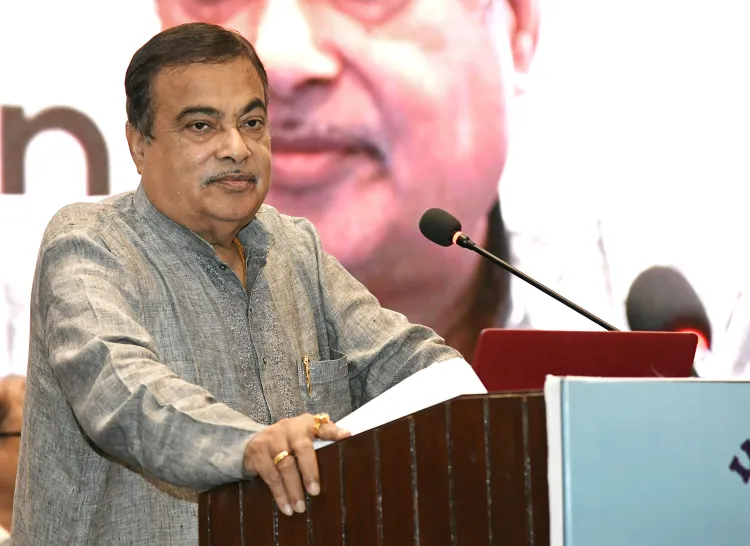
Synopsis
Key Takeaways
- India is on track to become a $5 trillion economy by 2027.
- Development should focus on ethics, economy, and ecology.
- The automobile industry is experiencing unprecedented growth.
- Ethanol production from maize is boosting farmers' incomes.
- The government is prioritizing self-reliance in food production and farmer welfare.
New Delhi, Oct 9 (NationPress) India is on a solid path to achieving a $5 trillion economy by 2027 and emerging as a developed nation by 2047, according to Nitin Gadkari, the Union Minister for Road Transport and Highways. He emphasized the nation's significant transformation under the insightful leadership of Prime Minister Narendra Modi during his address at the 120th annual session of the PHD Chamber of Commerce and Industry (PHDCCI) held at Bharat Mandapam.
The minister highlighted that development should be anchored in three essential pillars—ethics, economy, and ecology. He stated, “Economic growth is insufficient on its own; it must align with environmental conservation and a socially responsible value system.”
Discussing India's advancements in infrastructure, Gadkari noted the automobile industry has experienced remarkable growth, advancing from the 7th largest in 2014 to the third largest in the world, surpassing Japan.
“With a turnover exceeding Rs 22 lakh crore, this sector is rapidly becoming the globe's automobile hub, fueled by innovations in biofuels, ethanol, methanol, biodiesel, LNG, and hydrogen,” he informed the attendees.
He also mentioned the government's focus on enhancing value in agriculture.
Permitting ethanol production from maize has significantly boosted farmers' earnings and revitalized rural economies. “By facilitating ethanol from maize, farmers' income in Uttar Pradesh and Bihar has surged, injecting over Rs 45,000 crore into the rural economy,” Gadkari pointed out.
In a separate session at the same event, Agriculture Minister Shivraj Singh Chouhan remarked that approximately 46% of India’s population is involved in agriculture, and the government is committed to achieving self-sufficiency (Atmanirbharta) in food production and ensuring farmer welfare.
“Food security must be accompanied by farmer prosperity,” he asserted. “It is crucial that our farmers not only sustain the nation but also earn with respect and stability,” he added.
To realize this goal, he stressed the importance of increasing per-hectare productivity, enhancing seed quality through the Indian Council of Agricultural Research (ICAR), and accelerating mechanization to empower small and marginal farmers.
Chouhan underscored that the government’s agricultural objectives should extend beyond mere food security to include nutrition security and self-reliance in all agricultural facets.
While India has achieved surplus production in rice and wheat, he noted that the next challenge is to attain self-sufficiency in pulses and oilseeds.

